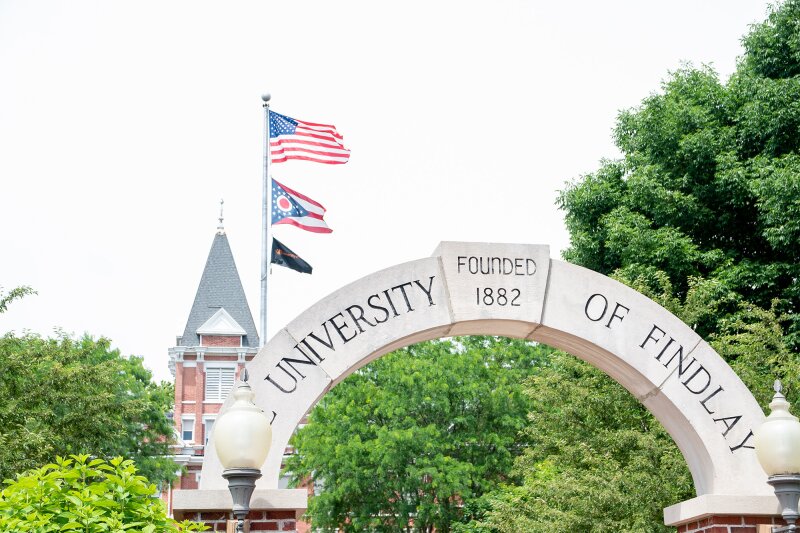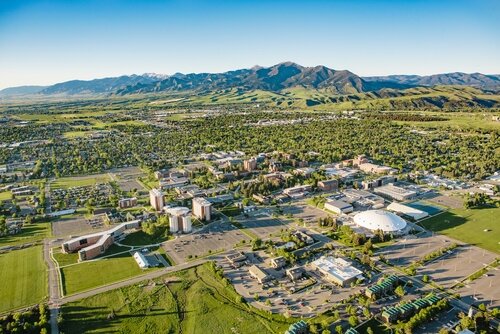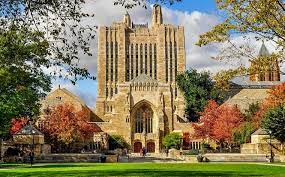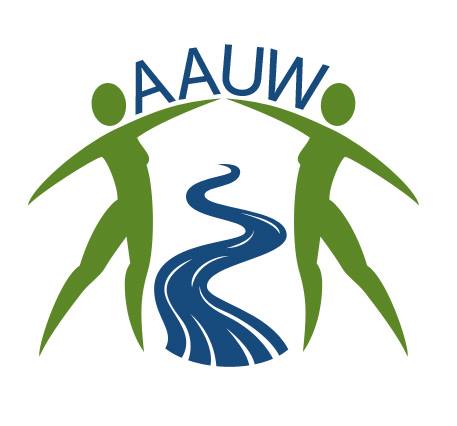The United States is an appealing destination for nurses globally, offering a broad spectrum of opportunities, diverse healthcare settings, and a high demand for skilled professionals. For international nurses looking to progress their careers in the U.S., understanding the intricacies of obtaining a license, exploring job opportunities, securing visa sponsorship, and other key factors is essential for success in this field.
With its advanced healthcare system and diverse population, the United States is an ideal place for nurses seeking both professional growth and personal fulfillment. The ongoing increase in demand for healthcare services has consistently amplified the need for proficient nursing staff across the nation.
There are abundant opportunities in a variety of healthcare settings, including hospitals, clinics, specialized care facilities, and community health programs. Nurses in the U.S. are crucial not only to the healthcare system but also play a significant role in improving patient care and the overall health of communities.
Understanding the Licensing Process for International Nurses in the USA
For nurses trained overseas, it’s crucial to comprehend and navigate the complex procedure of obtaining a nursing license in the United States. Every state has its own nursing board with distinct licensing requirements.
Educational Credentials
International nurses need a degree from an accredited nursing program to qualify for a nursing license in the U.S. The first important step is getting their educational credentials evaluated by recognized agencies.
Language Proficiency
The NCLEX-RN (National Council Licensure Examination for Registered Nurses) is a required standardized test for nursing licensure in most U.S. states. Additionally, international nurses must demonstrate English language proficiency, typically through exams like the TOEFL or IELTS.
Varied State Licensure Requirements
It’s important for international nurses to be aware of the different licensure requirements in various U.S. states. While the basic requirements are usually similar, there may be unique conditions and procedures in each state, necessitating thorough research into the specific requirements of each state’s nursing board.
The intricacy of these requirements emphasizes the need for thorough preparation and a comprehensive understanding of the process. This underscores the significance of receiving proper guidance and adhering to the regulations specific to each state.
The United States boasts a range of states, each offering distinct advantages and prospects for nursing professionals. Certain states stand out due to their high demand for nurses and appealing work conditions:
California
Renowned for its vibrant healthcare sector and diverse population, California is an ideal destination for nursing careers. Cities like Los Angeles and San Francisco host numerous medical facilities, offering a wide range of job opportunities across various nursing specialties.
Texas
With its growing population and thriving healthcare industry, Texas presents numerous opportunities for nurses. Major urban centers such as Houston and Dallas have a strong demand for skilled nurses, especially in high-pressure medical environments.
Florida
Known for its pleasant climate and vibrant communities, Florida is also a magnet for healthcare professionals. The state’s growing medical infrastructure creates many job opportunities in diverse medical settings, including long-term and specialized care.
New York
New York State, particularly the bustling New York City, offers abundant opportunities for nurses. The city’s renowned hospitals and diverse patient population provide a range of positions for nursing specialists.
Finding Nursing Roles in the U.S. as an International Professional
Securing a nursing position in the U.S. as a foreign professional requires strategic planning and a comprehensive job search approach.
Online Job Platforms
Utilizing popular online job sites like Indeed, Monster, and LinkedIn is an effective way to look for nursing roles across the country. These platforms list various job openings suitable for different nursing specialties and locations.
Networking and Professional Groups
Building connections and engaging in professional nursing groups can significantly enhance job prospects. Being active in nursing organizations, attending industry events, and networking with peers can provide valuable insights and potential job leads.
Healthcare Recruitment Agencies
Partnering with recruitment agencies specializing in healthcare can streamline the job search process. These agencies often have strong ties with medical facilities and can assist in matching international nurses with suitable positions.
Tailored Resumes and Cover Letters
Creating a resume and cover letter that adhere to U.S. standards is crucial. Highlighting relevant experience, skills, and qualifications that align with the requirements of U.S. employers can improve the chances of getting job interviews.
Visa Options and Sponsorship for International Nurses
International nurses aiming to work in the U.S. need to explore various visa options and sponsorship programs tailored for healthcare professionals.
H-1B Visa
The H-1B visa is a popular option for skilled professionals, such as nurses, allowing them to work temporarily in the U.S. under the sponsorship of an employer.
TN Visa
Under the NAFTA agreement, the TN visa is available for Canadian and Mexican citizens, providing them with the opportunity to work as nurses in the U.S.
Employer-Sponsored Visas (EB-3)
The EB-3 visa category offers a route for foreign workers, including nurses, to obtain permanent residency in the U.S. This is possible through employer sponsorship, provided the nurse meets the required qualifications and the employer can demonstrate a shortage of local candidates for the position.
Diverse Nursing Roles in the USA
In the United States, the nursing profession encompasses a variety of positions, each with distinct responsibilities and settings, catering to the diverse requirements of patients and the healthcare system:
Registered Nurse (RN)
RNs play a versatile role and are employed in multiple settings, including hospitals, clinics, long-term care facilities, and community health programs. Their responsibilities include providing direct patient care, formulating treatment plans, and working collaboratively with medical teams.
Nurse Practitioner (NP)
NPs, who have higher academic qualifications, can diagnose and treat patients, either on their own or with physicians. They work in primary care, specialized clinics, and hospitals, providing a broad spectrum of healthcare services.
Certified Nurse Midwife (CNM)
CNMs specialize in women’s health, offering prenatal and postnatal care, as well as support during childbirth. They are commonly found in hospitals, birthing centers, or working alongside obstetricians.
Other Specialized Nursing Roles
Roles like Nurse Anesthetists, Clinical Nurse Specialists, and Nurse Educators are specific areas within nursing, each requiring unique skills and educational qualifications.
Salary and Compensation Overview
Nursing salaries in the U.S. vary based on factors such as geographical location, level of experience, and field of specialization.
Average Salary Ranges
- Registered Nurses (RNs) typically earn between $60,000 and $110,000 annually, with the amount varying based on location and experience.
- Nurse Practitioners (NPs) often receive higher salaries, with an average range of $90,000 to $150,000 per year.
- Specialized roles such as Nurse Anesthetists or Nurse Midwives can earn over $150,000, indicative of their advanced skills and responsibilities.
Factors Influencing Salaries
The variation in salaries is influenced by factors like the cost of living in different regions, the demand for specific nursing skills, the educational level of the nurse, and any additional certifications or specialized training they may have.
Challenges and Opportunities for Foreign Nurses in the USA
Foreign nurses entering the U.S. healthcare system frequently encounter challenges like adjusting to a different culture, navigating intricate licensing processes, and managing immigration requirements. Despite these difficulties, they also find significant opportunities for career advancement, skill development, and contributing importantly to the diverse medical landscape of the U.S.
Advantages of Being a Nurse in the United States
Working as a nurse in the U.S. offers many advantages, such as access to cutting-edge medical technology, experience with diverse patient groups enhancing professional growth, chances for ongoing education, and a rewarding work environment.
Concluding Thoughts
For international professionals, pursuing a nursing career in the United States requires determination, thorough planning, and a deep understanding of the necessary procedures. While the challenges are considerable, they are balanced by the extensive opportunities in the U.S., making it a desirable destination for nurses looking to broaden their professional scope and work in a varied environment.
International nurses should make the most of all available resources, comprehend the specific licensing requirements, explore job opportunities across different states, and consider the range of visa options to successfully join the U.S. healthcare sector.
The role of international nurses is vital to the U.S. healthcare system. They bring essential skills, improve the quality of patient care, and contribute to the cultural diversity of the healthcare workforce.






